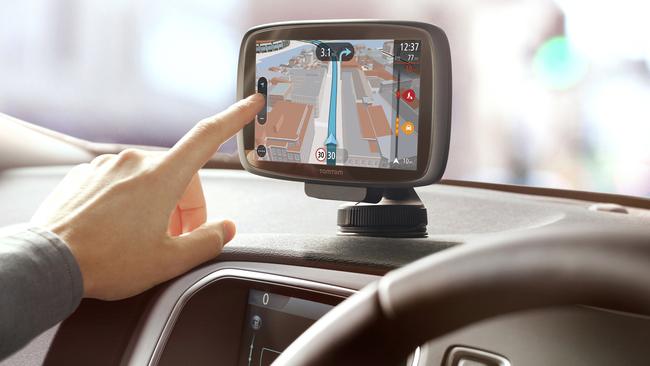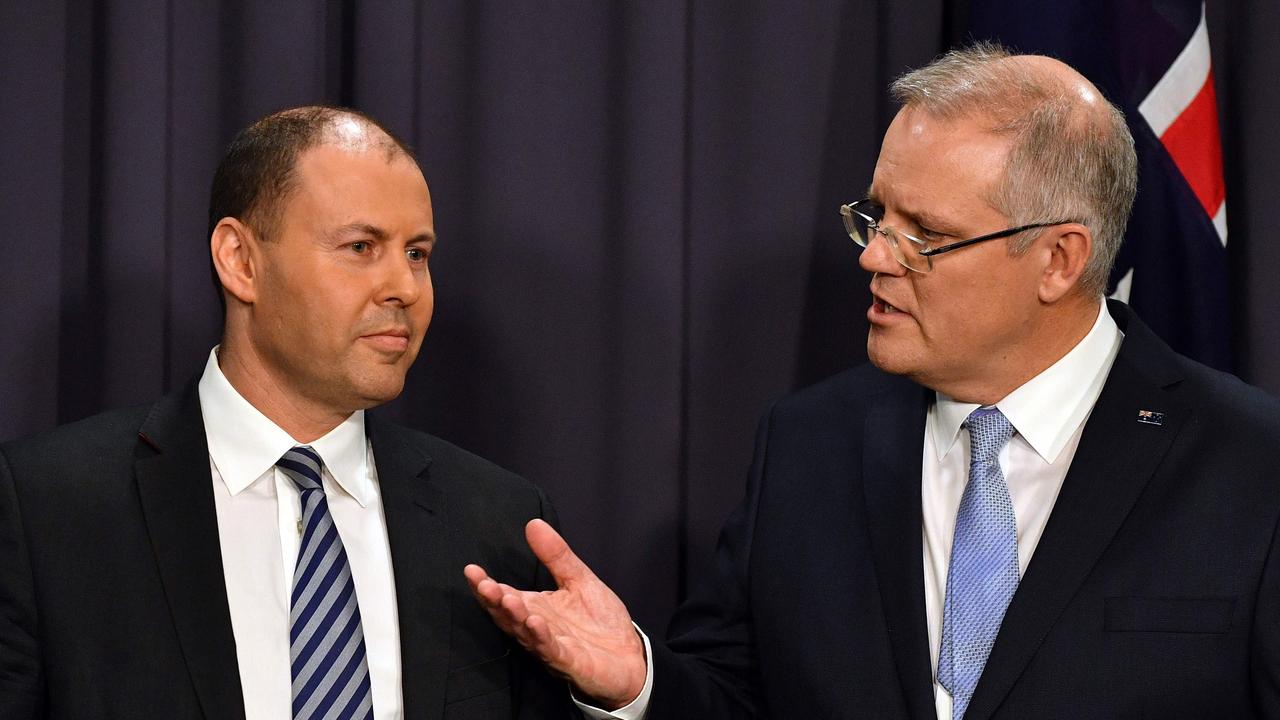Federal budget 2018: world-first $225m GPS project could save lives
GPS positioning in Australia will be far more precise in future, with an enhanced positioning system costed into the budget.

GPS positioning in Australia will be far more precise in future, with an enhanced positioning system costed into the budget.
GPS positioning can be dangerously adrift by as much as 5-10m at times in Australia, but the new system will allow small planes to land at rural airports regardless of low cloud cover or otherwise impaired visibility, and driverless vehicles will be able to be precisely positioned on a road.
The improved technology will help graziers find particular places in largely featureless landscapes and help mining firms operate equipment remotely at sites hundreds of kilometres away.
Costing about $225 million over four years, the enhanced GPS system will continuously correct positioning data to take account of Australia’s drift northeast at a rate of about 7cm a year.
The system will be the first in the world to use both the US GPS system and the European Galileo system. The positioning data will be fed through an array of ground stations across Australia, Cocos Islands, Christmas Island and the Australian Antarctic territories. Each ground station will have an antenna the size of a dinner plate.
The data will then be fed automatically to Canberra, corrected by a computer and sent to users in real time, providing accuracy to within 10cm anywhere in Australia and within 3cm in those regions with mobile phone coverage.
John Dawson, section leader of positioning at the Australian government agency Geosciences Australia, which will be in charge of the new system, said GPS data was not used for landing helicopters and planes in Australia now because it could not be relied on.
Planes landing at metropolitan airports instead lock into a radio landing system to help bring them to runways, but pilots at rural airports have to be able to find the runway by sight.
“These measures will improve the performance of GPS and allow GPS to be used in the landing phase of flights,” Dr Dawson said.
The new system would allow aircraft to operate in adverse weather in rural areas and improve the efficiency of air travel — for example, it is expected to help Royal Flying Doctor Service planes to land in difficult weather.
“We think it will save lives,” Dr Dawson said. The new system would be rolled out and perfected over four years, and then certified for use by aircraft, he said.



To join the conversation, please log in. Don't have an account? Register
Join the conversation, you are commenting as Logout